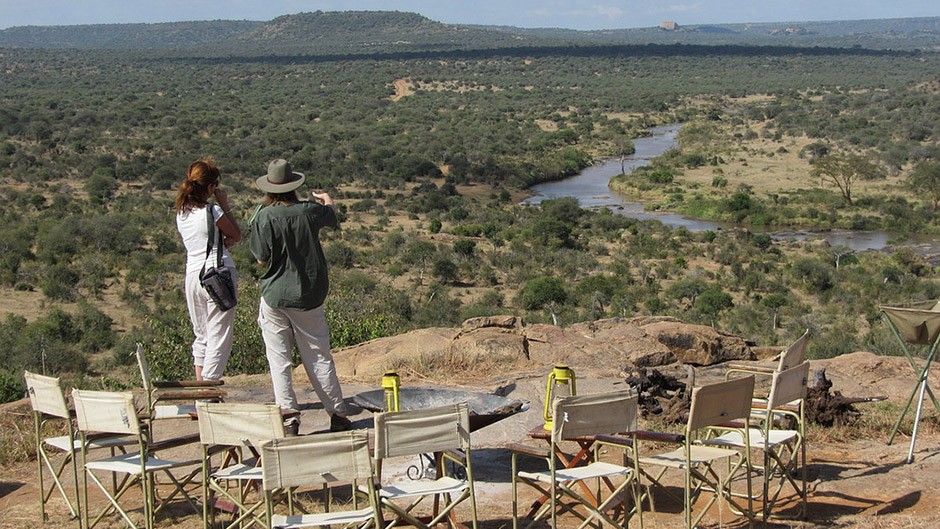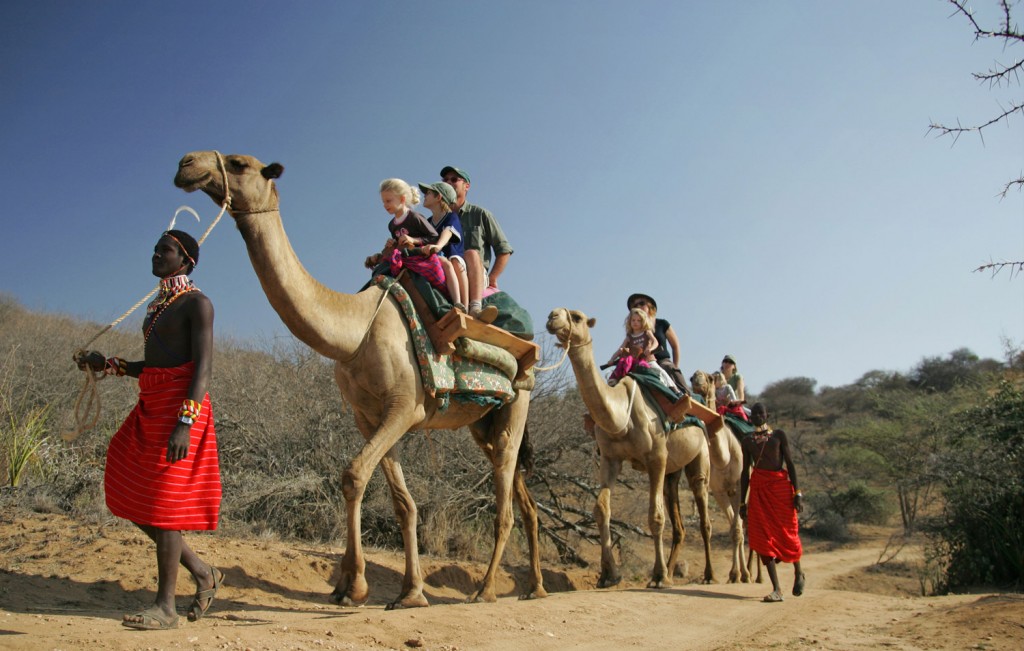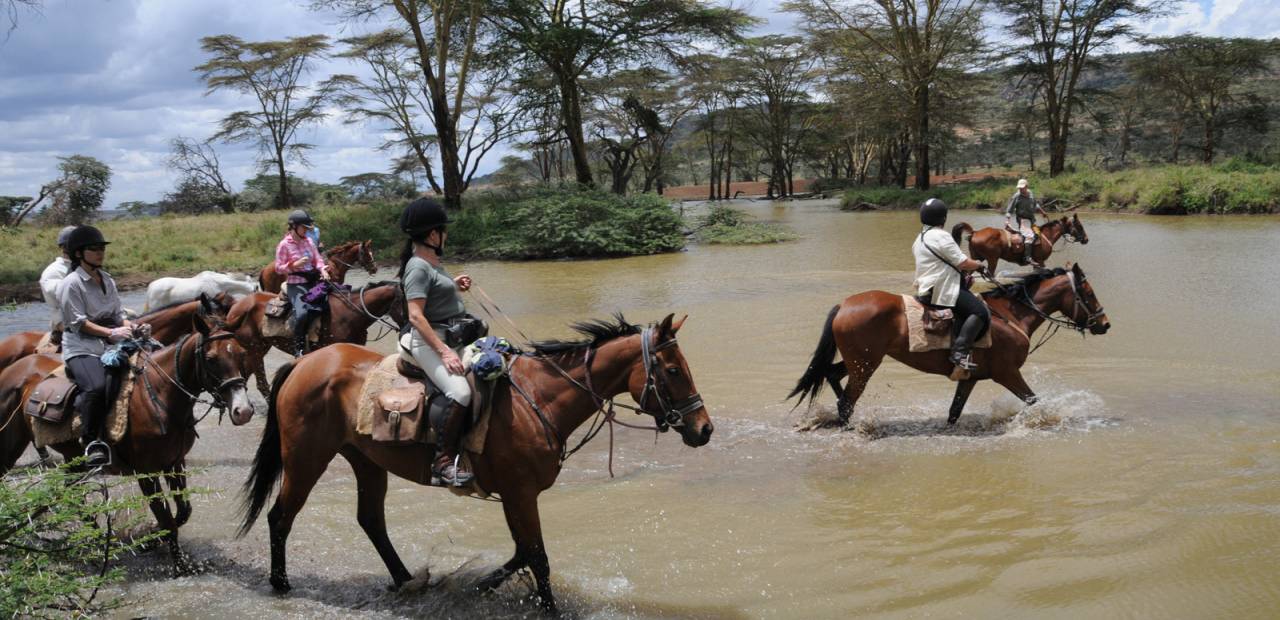Laikipia South is centred on the town of Nanyuki and covers the northern part of the broad saddle of land that lies between Mount Kenya and the Aberdares in the Central Kenya.

This is an area of well-watered and fertile uplands, much of which is now quite heavily farmed and densely populated. It is, in parts, still very beautiful , but no longer is it a wild place.
Laikipia South is home to some very important and pioneering conservation projects, fenced reserves which provide a key buffer zone between the more heavily populated areas to the south and the wild open rangelands to the north.
The most significant of these projects is the Ol Pejeta Conservancy, which contains a good range of wildlife. The area is best known for its rhino conservation work. The handful of northern white rhinos that remain in the world all live here. The area also has a chimpanzee sanctuary for animals rescued from war zones over the years, but which we find an incredibly depressing experience.

To the north of Ol Pejeta the landscapes start to become a lot more wild, as many of the colonial cattle ranches have been converted back to wildlife and have dismantled their fences.
To the south of Ol Pejeta the reserves tend to be smaller and more intensely encircled by human populations, but there are some interesting accommodation options and, notably, some good low cost horse-back safaris.

Unfortunately Laikipia South lies on the main minibus safari route north to Samburu, which means that there is a steady flow of budget traffic, especially into Ol Pejeta.
Why we include Southern Laikipia to our itineraries
We would love to support conservation projects in this area more than we do at present. Trouble is that the majority of our clients are looking for safari experiences which are more wild and authentic than is possible here.
But there are definitely still occasions when the Laikipia South area does fit well into a trip, most notably when guests are very keen to go out of their way to witness and support the rhino projects at Ol Pejeta.
We tend to most commonly recommend a stay of 2 to 4 nights, often combined by light aircraft with other high quality safari areas around Kenya such as Masai Mara, Meru, Laikipia North and Chyulu Hills.

